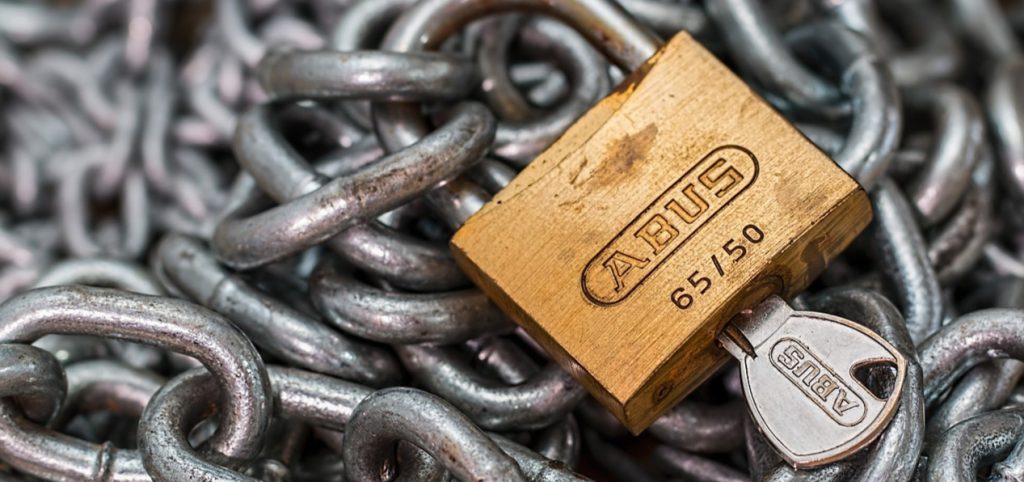Your web address is a fundamental part of your web presence. Without your URL, customers and search engines wouldn’t be able to find you. Many businesses owners and even SEO pros don’t pay much attention to the URL for a site – but they really should.
Your site’s URL has a big impact on your ranking position and brand. Let’s take a look at why URLs are so important and how the right one can help boost your business.
The Importance of the Right URL
Backlink specialists recently published a report detailing how an URL is used as a ranking factor. They found:
- URL length is Google’s 46th ranking factor
- URL path is Google’s 47th ranking factor
- URL keyword content is Google’s 51st ranking factor
- URL string is Google’s 52nd ranking factor
 Your URL has a direct impact on your page ranking. When developing your site’s URL, you want something which appeals to both humans and search engine bots. Here’s how to make your URL great:
Your URL has a direct impact on your page ranking. When developing your site’s URL, you want something which appeals to both humans and search engine bots. Here’s how to make your URL great:
Use Top Level Domains
This one’s pretty simple. A Top Level Domain is a “.com.” If at all possible, you want to stay away from “.biz,” “.pro” and other lesser-known domain names.
If you already have a website which doesn’t use a .com address, that’s okay. A Top Level Domain doesn’t actually impact rankings in any technical way. The advantage of using a .com address is purely for the benefit of your potential customers.
People trust a .com site. The URL is common and considered reputable. Also, if you’re unable to get the .com site than a different brand which shares your brand name has likely already established an online presence.
Keep Your Site Secure
You want to use HTTPS instead of the traditional HTTP. Short for “HyperText Transfer Protocol Secure,” HTTPS encrypts a site’s info.
HTTPS serves two purposes. First, encrypted security is a ranking signal for Google. Also, HTTPS helps your users feel comfortable using your site. If your site involves sales or sensitive client info, HTTPS is a must.
Use the Proper Length
You want your URLs to be as short as possible. Backlinko’s research shows shorter URLs rank better than longer URLs. The ideal length is between 50 and 62 characters. Research shows URLs over 80 characters will actually impair your ranking.
Limit your URL to between three and five words. That’s long enough to be descriptive without being unwieldy.
Always Emphasize Readability
SEO is directly connected to user friendliness. Your URL should always be designed to appeal to both people and search engines. Fortunately, both of those goals can be accomplished with a URL which clearly indicates what the destination page is about.
Here’s are three sample URLs:
- yoursite.com/blog/popular-baby-names
- yoursite.com/blog/post?ID=77=baby+names+popular
- yoursite.com/9f5rt6/iAJ34095=article454f
From a technical standpoint, all of those URLs will take you to the same information. But from a human standpoint, the first listing is short and easy to understand. In fact, most people would probably be really worried about clicking on those other two links!
You’ll also want to separate each word. This not only increases readability for people but also helps search engines identify the correct keywords. Google advises using hyphens instead of underscores.
Also, you want to only use lowercase letters. Uppercase letters have the potential to lead to 404 errors and redirects. URLs with lowercase letters are more reliable and accurate.
Should You Use Stop Words?
Stop words are simple connector words used to form more complete thoughts. Some common examples of stop words include:
- a
- an
- or
- but
For the longest time, most SEO pros avoided using stop words. But times (and search algorithms) have changed. You’re very unlikely to be penalized for including stop words.
Search engines don’t really pay attention to stop words. If you need to include a few for clarity, your ranking is unlikely to be affected. However, don’t use stop words if they make your URL too long. The best URL uses a balance of both clarity and brevity.
Avoid Unsafe Characters
There are certain characters which you don’t want to include in your URLs. Called “unsafe characters,” using them in an URL violates international protocols. This can lead to non-working links and other technical problems. Perishable Press has identified these unsafe characters as the following: < > # % { } | \ ^ ~ [ ] `.
Final Thoughts
URLs have a much larger influence on a site’s SERP than many people initially understand. But optimizing a URL is often simple and easy. Each URL should be as short and as clear as possible. Avoid unsafe characters and minimize the use of stop words.
Are the URLs on your website fully optimized? Contact us today to learn more about how the URLs on your site can help you increase traffic and boost awareness of your brand.
